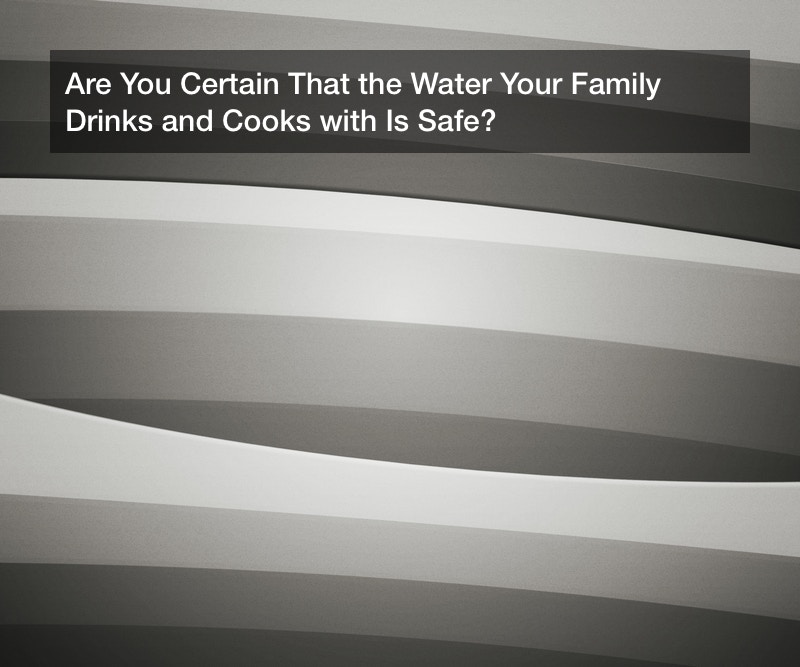
In a time of political confusion and frustration it is easy to move from one breaking news story to the next. Environmentalists know, however, that instead of getting caught up on what may be a concerted effort to distract, it is important to stay the course and focus on the bigger picture. And amidst the fear of the pandemic and the chaos of the 2020 election, there are many people who believe that remaining on focused on the saving of the planet is more important than ever. From making sure that local rules and regulations are enforced and that heavy-duty flexible tank liners are required to consistent inspections of potable water tank lining and other efforts to safely contain chemicals, environmentalists are concerned. They do not want any more regulations to be eliminated from the books and they do not want to find out years from now that while the nation was dealing with the drama of the election conservatives were slashing requirements of heavy-duty flexible tank liners.
We live in complicated times, but there are many people who will tell you that there is nothing more important than making sure that we have fresh air to breathe and clean water drink. Left to their own devices, however, it is safe to assume that the large companies of the world will be looking toward greater profits and faster growth than the careful installation of heavy-duty flexible tank liners and other safety measures. For this reason, there are groups like the Environmental Protection Agency (EPA) that hold individual land owners and large company owners alike accountable.
Safe Drinking Water Is Not a Given In All Parts of the World
There was a time when many Americans may have thought that access to safe drinking water was a third world problem. After the much publicized information about the Flint, Michigan, water crisis though it is increasingly apparent that without the close regulation of the government many poorer residents in many parts of the country are in danger. Heavy-duty flexible tank liners may the biggest concern in the transportation industry, but the aging infrastructure of the water system in many big cities create a problem that is very real. And very dangerous.
Consider some of these facts and figures about the reasons that the EPA and individual environmentalists realize that they need to remain vigilant, even when the rest of the nation may be distracted by the political storm that has been brewing in the four years leading up to 2020:
- Farm and residential storage tanks containing 1,100 gallons or less of motor fuel for noncommercial purposes are not subject to federal regulations, per EPA guidelines. Without proper oversight, however, these guidelines may not be followed. For this reason it is important that the EPA remain a well funded and led part of the government.
- An unfortunate and frightening fact is that there are water storage tanks still in use that are 100 years old or more. In many, and some would say most, these tanks have rusted in parts and may be posing a hazard to the people depending on these tanks for the water they drink.
- Underground storage tanks of 110 gallons or less are not subject to federal regulations, according to the EPA.
- The EPA maintains a list of 140 chemicals that, when stored in large enough quantities, require their owners to submit a “risk management plan” to federal regulators.
- Underground storage tanks of 110 gallons or less are not subject to federal regulations, according to the EPA.
- The federal government defines an underground storage tank (UST) as any tank, system of tanks, or connected underground piping with at least 10% of its combined volume underground. This, of course, refers to many containers across the nation. All of which need to be regulated if everyone wants to remain safe.
The political uncertainty of the day can be overwhelming, but if you want to know that you are dong your part to protect this world for future generations it is important to not just focus on the news story of the day. You also need support politicians and activities who support clean air and water regulations.

